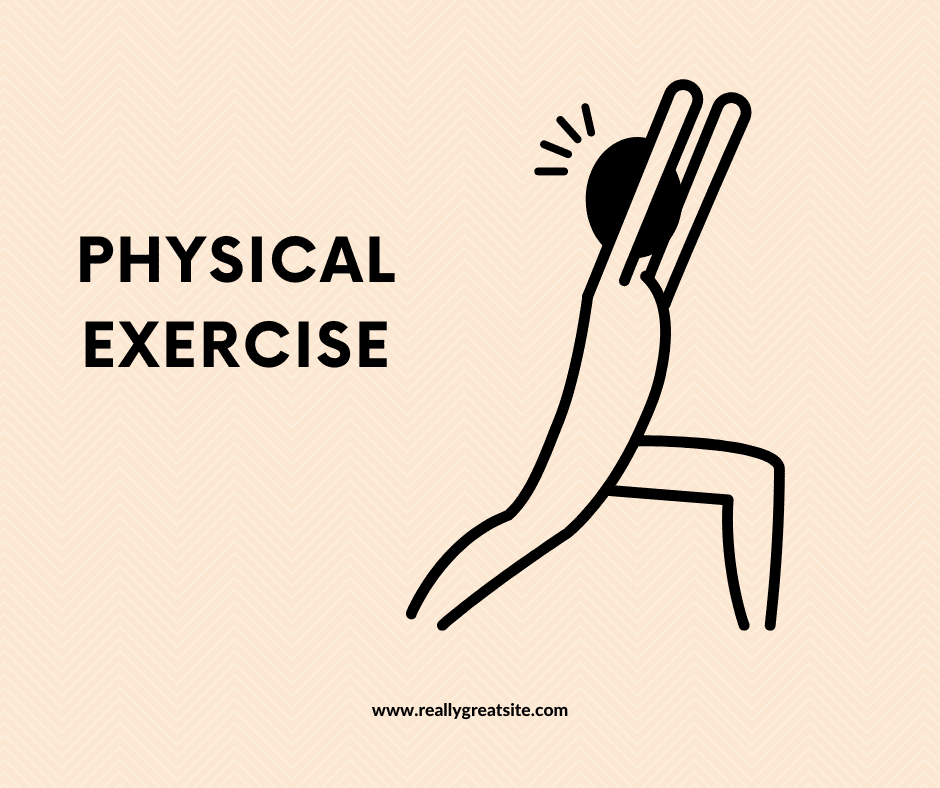There’s a plethora of evidence that physical exercise can slow down and reverse ageing.
But did you know that exercise is arguably the most powerful treatment to prevent dementia?
A scientific paper comparing exercise versus drug therapy for cognitive impairment and Alzheimer’s disease suggests that exercise could be as effective at improving brain function as currently available medicines (1).
That’s right, regular physical exercise is as effective as medicine prescribed by doctors.
As billions have been spent on R&D on Alzheimer’s disease, we still don’t have medicines to prevent or slow down the progression this age-related disease.
Alzheimer’s disease is currently an irreversible disease of old age caused by loss of neurons and abnormal protein accumulation in the brain leading to cognitive impairment.
So how does exercise benefit the brain?
Physical exercise slows down the natural decline of our organ’s oxygen capacity (known as VO2 max), which is one of the reasons we lose our strength and fitness. Exercise increases blood flow to our tissues, as well as increases DNA repair, antioxidants, and mitochondria levels in all our organs including the brain, heart, liver and kidneys. Exercise also activates autophagy, the body’s self-renewal mechanism to eliminate toxins and old cells.
All this has positive effects on the brain as well.
In mice experiments, scientists discovered that exercise caused new brain cells (neurons) to grow. Furthermore, they found that mice had improved mood and memory function that lasted until old age.
In mice with Alzheimer’s disease, exercise improved their cognitive performance. Exercise increased levels of brain-derived neurotrophic factor (BDNF), a protein that stimulates new neuron growth, new neuron connections, and preserves neuron function (2).
We know that exercise stimulates changes to our muscles. Interestingly, scientists found that the muscles could directly impact the brain. They found that exercising muscles increased expression of genes in the brain of mice called BCX and Tuj1, which are markers of new neurons (3). This suggests that exercise causes muscle to secrete signals that directly trigger our brain to synthesise new neurons.
Although evidence suggests that exercise can prevent dementia, we don’t know precisely how much exercise is enough.
Data from clinical trials showed that getting at least 52 hours of exercise over 6 months was associated with improved cognitive performance in old age adults (4). This equates to about 130 minutes per week.
However, we don’t know if the benefits are sustained long term. Also, it’s unclear which type of exercise is beneficial, although most studies focused on aerobic exercise.
Several clinical trials found that physical and cognitive exercise (brain training) improves cognitive function in elderly patients with mild cognitive impairment (5-9).
However, in elderly patients already diagnosed with dementia, the results are mixed. Some studies report positive results (12), whereas in other studies, exercise didn’t produce a significant improvement in cognitive function (7, 10, 11, 13).
So, for a healthy brain, training both our body and mind consistently with different types of exercise is going to benefit us the most. And importantly, to realise these benefits it’s crucial to start from a younger age.
This article was written by Dr Alvin Lim (MD.FRACGP.BBiomed).
Updated by Sharon on 2 Nov 2022.
Sources:
1. Ströhle A, Schmidt DK, Schultz F, et al. Drug and Exercise Treatment of Alzheimer Disease and Mild Cognitive Impairment: A Systematic Review and Meta-Analysis of Effects on Cognition in Randomized Controlled Trials. Am J Geriatr Psychiatry. 2015;23(12):1234-1249. doi:10.1016/j.jagp.2015.07.007
2. Choi SH, Bylykbashi E, Chatila ZK, et al. Combined adult neurogenesis and BDNF mimic exercise effects on cognition in an Alzheimer’s mouse model. Science. 2018;361(6406):eaan8821. doi:10.1126/science.aan8821
3. Moon HY, Javadi S, Stremlau M, et al. Conditioned media from AICAR-treated skeletal muscle cells increases neuronal differentiation of adult neural progenitor cells. Neuropharmacology. 2019;145(Pt A):123-130. doi:10.1016/j.neuropharm.2018.10.041
4. Gomes-Osman J, Cabral DF, Morris TP, et al. Exercise for cognitive brain health in aging: A systematic review for an evaluation of dose. Neurol Clin Pract. 2018;8(3):257-265. doi:10.1212/CPJ.0000000000000460
5. Shimada H, Makizako H, Doi T, et al. Effects of Combined Physical and Cognitive Exercises on Cognition and Mobility in Patients With Mild Cognitive Impairment: A Randomized Clinical Trial. J Am Med Dir Assoc. 2018;19(7):584-591. doi:10.1016/j.jamda.2017.09.019
6. Ngandu T, Lehtisalo J, Solomon A, et al. A 2 year multidomain intervention of diet, exercise, cognitive training, and vascular risk monitoring versus control to prevent cognitive decline in at-risk elderly people (FINGER): a randomised controlled trial. Lancet. 2015;385(9984):2255-2263. doi:10.1016/S0140-6736(15)60461-5
7. Fonte C, Smania N, Pedrinolla A, et al. Comparison between physical and cognitive treatment in patients with MCI and Alzheimer’s disease. Aging (Albany NY). 2019;11(10):3138-3155. doi:10.18632/aging.101970
8. Yoon DH, Lee JY, Song W. Effects of Resistance Exercise Training on Cognitive Function and Physical Performance in Cognitive Frailty: A Randomized Controlled Trial. J Nutr Health Aging. 2018;22(8):944-951. doi:10.1007/s12603-018-1090-9
9. Song D, Yu DSF. Effects of a moderate-intensity aerobic exercise programme on the cognitive function and quality of life of community-dwelling elderly people with mild cognitive impairment: A randomised controlled trial. Int J Nurs Stud. 2019;93:97-105. doi:10.1016/j.ijnurstu.2019.02.019
10. Lamb SE, Mistry D, Alleyne S, et al. Aerobic and strength training exercise programme for cognitive impairment in people with mild to moderate dementia: the DAPA RCT. Health Technol Assess. 2018;22(28):1-202. doi:10.3310/hta22280
11. Sanders LMJ, Hortobágyi T, Karssemeijer EGA, Van der Zee EA, Scherder EJA, van Heuvelen MJG. Effects of low- and high-intensity physical exercise on physical and cognitive function in older persons with dementia: a randomized controlled trial. Alzheimers Res Ther. 2020;12(1):28. Published 2020 Mar 19. doi:10.1186/s13195-020-00597-3
12. Jia RX, Liang JH, Xu Y, Wang YQ. Effects of physical activity and exercise on the cognitive function of patients with Alzheimer disease: a meta-analysis. BMC Geriatr. 2019;19(1):181. Published 2019 Jul 2. doi:10.1186/s12877-019-1175-2
13. Li X, Guo R, Wei Z, Jia J, Wei C. Effectiveness of Exercise Programs on Patients with Dementia: A Systematic Review and Meta-Analysis of Randomized Controlled Trials. Biomed Res Int. 2019;2019:2308475. Published 2019 Nov 22. doi:10.1155/2019/2308475

